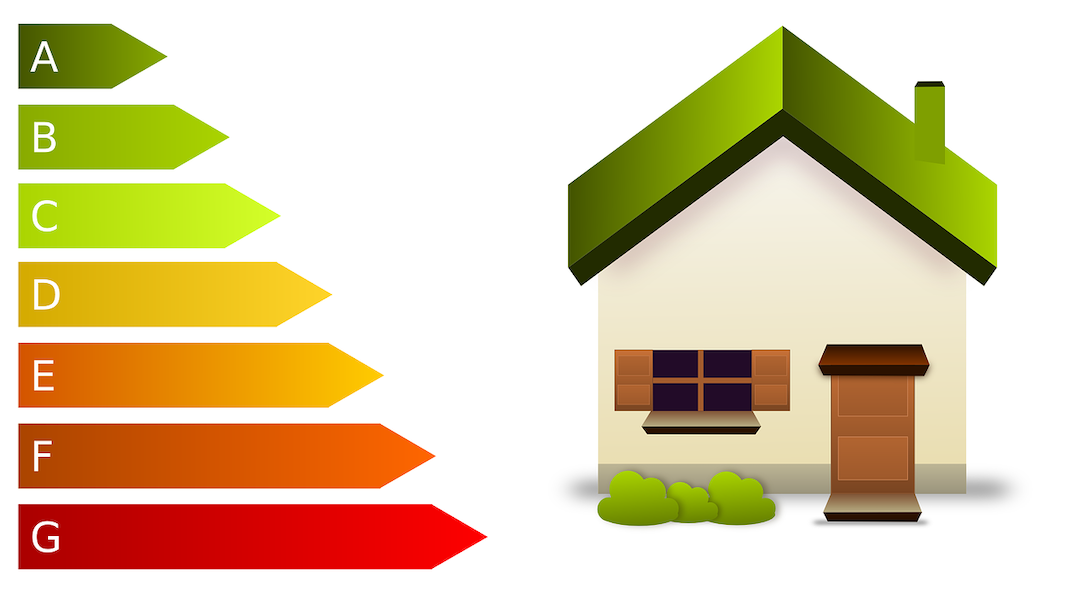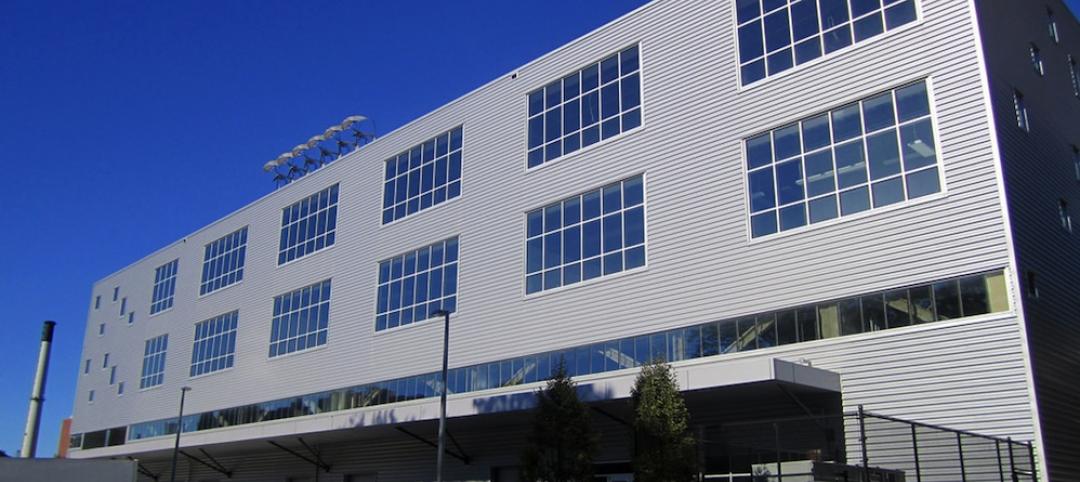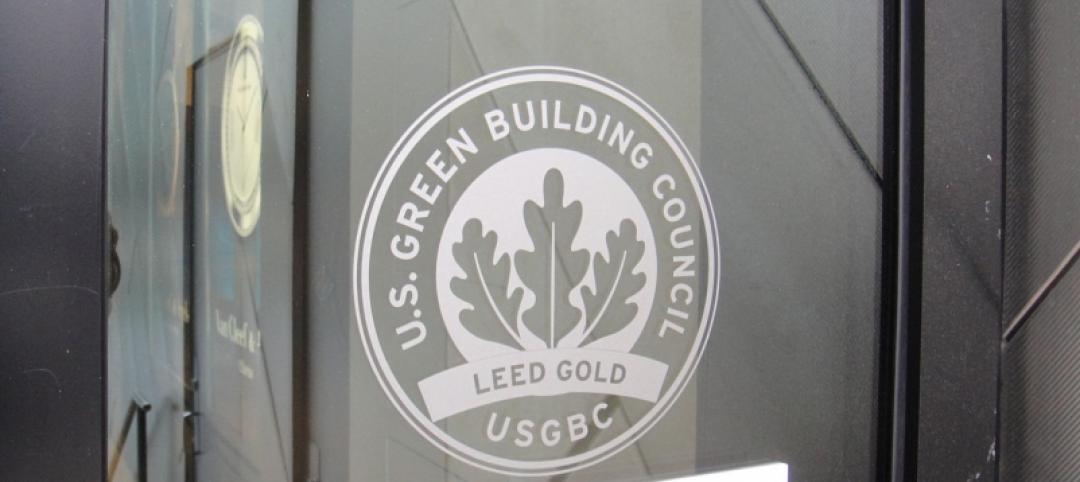Recent findings from the Better Buildings Partnership raise serious questions about the efficacy of energy efficiency ratings used in the United Kingdom.
The study found that buildings that have received the highest rating—an A Energy Performance Certificate—use more energy than some of their peers rated C, D, E, or F. The analysis of self-reported energy data in 2020 for more than 1,100 commercial properties found that the median energy intensity for all B-rated buildings is higher than for C-rated buildings.
The disparity between how buildings are designed and their actual greenhouse gas emissions is widespread in the U.K. The findings are in line with past evidence that green building certifications based on predicted energy use don’t necessarily translate to energy savings in the field.
Some studies have found that LEED certification yields better energy efficiency, but others have found that certified buildings use more energy than non-certified buildings. The U.S. Green Building Council maintains that its own research shows certified buildings are overall more efficient.
Part of the explanation for the disparity between ratings systems and real-world results could be due to the limitation of assessments that only predict potential energy efficiency. In practice, building management systems may not be set up or used properly. In addition, people sometimes undo the efficiency design by bringing fans into buildings or installing additional air conditioners.
Related Stories
Codes and Standards | Apr 18, 2016
Efficiency finance pilot project to spur retrofits on existing buildings
EDF and PG&E team up on interest-free loans for qualified projects.
Codes and Standards | Apr 18, 2016
ASHRAE releases proposed energy standard for historic buildings
Designed to balance with preservation requirements.
Codes and Standards | Apr 13, 2016
Canadian city fines itself for failing to get a building permit for building renovation
Guelph, Ontario, will pay a $1,125 fine to the province.
Codes and Standards | Apr 12, 2016
Construction trade groups sue OSHA over silica rule
Cite concerns about technological and economic feasibility.
Codes and Standards | Apr 11, 2016
New LEED 2009 projects will have to meet increased minimum energy performance
New requirements went into effect April 8.
Wood | Apr 8, 2016
New LEED Pilot ACP designed to help eliminate irresponsibly sourced materials
Illegal wood is primary target to restrict illicit material in the supply chain.
Lighting | Apr 5, 2016
Lighting requirements for high-rise dwellings proposed for energy standard
The requirements would effectively eliminate incandescent and halogen bulbs.
Steel Buildings | Apr 4, 2016
AISI publishes Cold-Formed Steel Framing Design Guide, 2016 Edition
Updates 2007 edition; includes five comprehensive design examples.
Data Centers | Apr 1, 2016
ASHRAE releases publication on the impact of IT equipment on data center design
The book offers advice for designing structures in the fast-changing data center industry.
Codes and Standards | Mar 28, 2016
Occupant egress simulations that impact codes fall short, researchers say
Building evacuations in emergencies are too dangerous as a result.

















